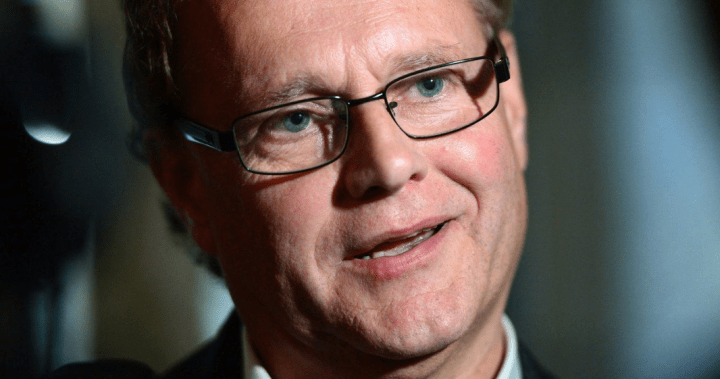Paragraph 1: A Call for Resignation
The Atlantic Liberal caucus, a group of Liberal Members of Parliament (MPs) representing the Atlantic provinces of Canada, has issued a letter urging Prime Minister Justin Trudeau to resign as leader of the Liberal Party. This letter, dated December 23rd and made public by New Brunswick MP Wayne Long, expresses profound concern over the future of the Liberal government and its ability to maintain power in the face of mounting challenges. Long, who has been advocating for Trudeau’s resignation since the fall, emphasized the need for "openness and transparency" in sharing the letter, arguing that new leadership with a fresh vision is crucial to avoid a Conservative victory under Pierre Poilievre in the next federal election.
Paragraph 2: Instability and Uncertainty
The caucus’s call for Trudeau’s resignation comes at a time of significant political and economic uncertainty for Canada. The letter cites the looming threat of tariffs from the incoming US administration under President-elect Donald Trump and the clear signals from opposition parties of their intent to introduce a vote of no confidence against the Trudeau government at the earliest opportunity. This instability, combined with internal party divisions and declining public approval ratings, has created a sense of urgency within the Liberal caucus, prompting them to seek a change in leadership to revitalize the party’s prospects.
Paragraph 3: Acknowledging Trudeau’s Legacy, but Fearing its Erosion
While acknowledging Trudeau’s nine years of service as prime minister and recognizing his "positive and consequential legacy," the letter warns that these accomplishments could be undone if he remains at the helm. The caucus believes that a new leader is essential to navigate the complex political landscape and regain public trust. This sentiment underscores the depth of concern within the party about their electoral prospects under Trudeau’s continued leadership. The timing of the letter, coming shortly after the resignation of Chrystia Freeland as finance minister and deputy prime minister, further emphasizes the growing unease within the Liberal ranks.
Paragraph 4: Internal Divisions and the Push for a Caucus Meeting
Kody Blois, the Atlantic caucus chair and Nova Scotia MP, penned the letter to Trudeau, stating that his continued leadership is no longer "tenable." Blois conveyed the caucus’s deep affection for Trudeau and their pride in the Liberal team’s work, but also their profound concern that without a change in leadership, the party’s progress would be lost under a potential Poilievre government. The letter concludes with a request for a national caucus meeting in early January to discuss the next steps, highlighting the caucus’s desire to address the leadership issue promptly and collectively.
Paragraph 5: The Looming Threat of a Non-Confidence Vote
Adding to the pressure on the Liberal government is the imminent threat of a non-confidence motion. Conservative MP John Williamson has announced his intention to introduce such a motion at the next Public Accounts Committee meeting scheduled for January 7th. If successful at the committee level, the motion could proceed to the House of Commons for a vote as early as January 30th. A successful non-confidence vote in the House would trigger a federal election, a scenario the Liberals are keen to avoid given their current political standing. This looming threat further underscores the urgency of the Atlantic caucus’s call for a leadership change.
Paragraph 6: The NDP’s Shift and the Uncertain Future of the Liberal Government
Complicating matters further is the shift in the NDP’s position. While the Liberals survived three non-confidence motions during the fall session of Parliament thanks to NDP support, NDP Leader Jagmeet Singh has now declared that his party has lost confidence in the government and intends to introduce its own non-confidence motion in the new year, regardless of who leads the Liberal Party. This withdrawal of support from the NDP leaves the Liberal government in a precarious position, further fueling the calls for Trudeau’s resignation and adding another layer of complexity to the already turbulent political landscape. The combined pressure from within the Liberal party and from the opposition parties casts a long shadow over Trudeau’s future and raises serious questions about the longevity of his government.

